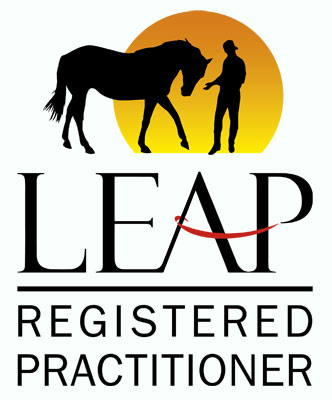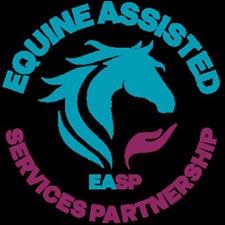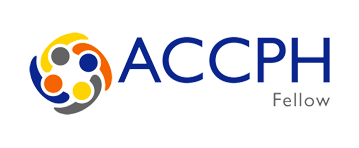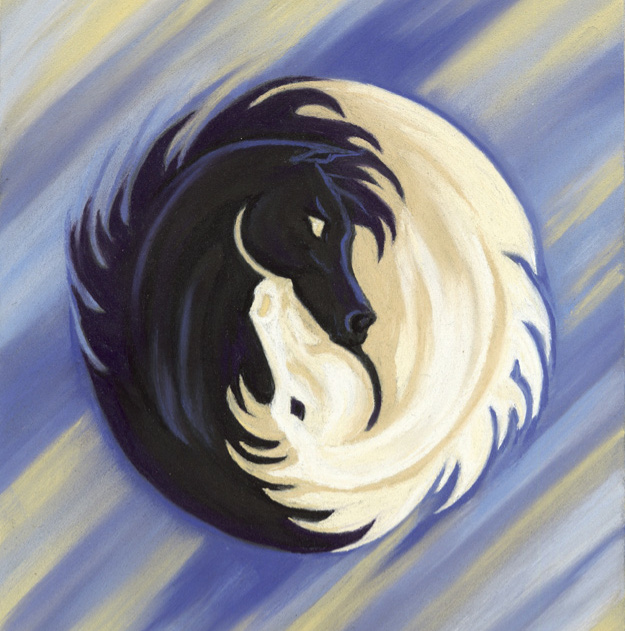
Blog
Respecting Nature: Creating a New Paradigm
12 October 2021
Holding an attitude of respect for the natural world brings us into greater balance with ourselves and helps our fellow creatures and environment.
We live in paradoxical times of enormous change .The approach humans have cultivated towards the natural world over the last few centuries is crumbling. Daily we see vast amounts of evidence of just how destructive we humans are being to nature, the environment and all living creatures. Many people are taking a stand to protect endangered species and polluted habitats. Whilst simultaneously, destruction of the natural world continues unabated and often actively supported by governments and big business.
At the same time, in the past three decades there has been a burgeoning interest in learning and healing from contact with animals and nature in the forms of animal-assisted therapies; emotional support animals and eco-based therapies. Which brings me to the point of this article: Sadly, as humans tend to do, these innovative and impactful healing modalities have been heavily weighted in favor of the human beneficiaries and professionals involved, with little attention paid to the impact on or enjoyment of the animals involved. The popularity of these methods speaks to this now ingrained imbalance between humans and the rest of the natural world. Yet, is this attitude not simply a continuation of the exploitation of the natural world for human gain?
As someone who has been involved in equine (horse) facilitated programs for the past 16 years I can attest that unfortunately I have seen just this happening in some areas of this rapidly growing industry. So concerned was I that about 6 years ago that I started researching and writing a book called The Horse Leads the Way: Honoring the True Role of the Horse in Equine Facilitated Practice, in which I raised my concerns about some of the troubling areas and types of practice which were not considerate of the horses involved. My aim was to raise the issue and start discussion to refocus our powerful and often times beautiful work back onto the central other species involved: the horses themselves.
As early on in this field as 1991, in an article entitled “E.A.P.-ed OFF!” Chris Irwin accurately criticised some approaches in this rapidly growing industry for creating a method employing horses to help people yet disregarding the very horses’ needs and role themselves. He succinctly wrote: “Leave it to humans to design a feel-good experience for people with horses but completely forget about the needs of the horse”.
I argued throughout The Horse Leads the Way that WHEN we consider the horse AT ALL TIMES, including in our planning stages, THEN we are in the best position after all to give as much benefit to our clients, BECAUSE the horses are themselves healthy, happy and eager to engage. Where the horse have choice and are given permission to consent or not to working that day, or taking part in a particular activity or with a particular person, THEN we achieve the ultimate gains for our clients. And, at the same time we ensure happy and stress-free equine partners in the process.
It’s actually pretty simple but again, typical of humans, we complicate things through being less attentive and considerate of all involved, particularly non-humans. Our legacy of dominance OVER nature which goes back to early Christianity and which was hugely consolidated with the advent of science in the 18th Century and beyond infects all of our thinking and thus, actions now as modern humans. So, for those of us partnering or using animals to benefit people, it is our additional responsibility to be very mindful of our attitude and approach to ensure that we are not simply replicating old habits, but rather stretching forwards towards a new paradigm.
This new paradigm is one where humans and nature come into greater harmony and balance with each other. Where humans readjust their attitude and reposition ourselves in our place in the world. As indigenous cultures still speak of, the animals are our brothers and sisters, so too is the water, the earth, and the sky. We are but a part of all life on this magnificent home we all live on, and the sooner we re-grasp this fact the better if we are going to have any chance of saving our beleaguered planet and ultimately ourselves in the process.
The work I and many of my colleagues do with horses, dogs and other animals within the natural world has an important part to play in this rebalancing I believe. I echoed this sentiment throughout my book: That while we are focused on our own practice and clients, we are also responsible for shifting attitudes and behaviors towards making life better for ourselves and our beloved pets, companion animals and service animals. This surely has a positive knock-on effect to the wider natural world and all animal species gain. In the end, all benefit as we humans come into greater balance both within ourselves where we reconnect to our own animal nature and instinctual foundation, and we also come into balance and harmony with the natural world as we approach it with respect, love and reverence.
It is time to let the old ways die out now. We can do this. Humans have undergone enormous cultural shifts over the eons and this one may just be the most important. Because, if we don’t get this one right and fast, the very living breathing globe that we all live and depend on for every moment of our lives, might just have to make the changes for us.
Angela Dunning, updated 17th October 2021
Author: 'The Horse Leads the Way: Honoring the True Role of the Horse in Equine Facilitated Practice', 2017.








